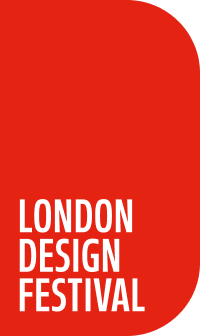In Conversation: Sinéad Burke
London Design Innovation Medal Winner
‘As a Disabled Queer person, I am disabled by design,’ says Sinéad Burke, founder of Tilting the Lens, a pioneering strategic consultancy working globally to transform how we shape our world. ‘For so long, the built environment, products, services and policies have been inhibitors of Disabled people’s independence and dignity. But Disabled people are experts in their own solutions, and if we design and implement those we would live in a better society.’
Burke, winner of the 2025 London Design Innovation Medal, sees the accolade as recognition for a collective effort by a community of disability advocates and pioneers – but it’s clear that her vision, drive and style of communication have played a crucial role in shifting the conversation about accessibility. Her own journey started aged 16, with a blog about the limited fashion choices available to her as a person with the bone growth disorder achondroplasia. It evolved into a global platform: she has since delivered a TED talk with 1.7 million views, spoken at the White House and Davos, joined Ireland’s Council of State and published a bestselling children’s book.
She founded Tilting the Lens in 2020 to ‘drive system change, using lived experience to advance together beyond compliance’. Her goal is to move design’s focus from products to process. ‘Accessibility is a framework, not an outcome. It’s about embedding the expertise of disabled people from the outset,’ she says. ‘There’s no such thing as full accessibility – it’s about flexible, dignified solutions that allow people to adapt in the moment.’
Everyday design, she argues, remains exclusionary: bathrooms that comply with standards but lack basics like mirrors at suitable heights; bank statements that are inaccessible to screen readers; playgrounds that cater to Disabled children but not Disabled parents; clothing sizes that assume a narrow range of body types. Accessibility is still treated as box-ticking rather than something that should enhance people’s experience and instill pride. She points to the late architect Zaha Hadid’s undulating buildings, which lend themselves to step-free access, as an example of how aesthetics, sustainability and access can work in harmony.
Things could be different, but this requires a change in culture and new voices in the system – for example, in teaching faculties at architecture and design schools, and in decision-making roles at businesses. ‘Their absence positions Disabled people as agitators, rather than people who have an equal right to spaces and products,’ Burke says.
She hopes projects such as a new London office building she is advising on will demonstrate a different model: with customisable desks, lighting and blinds. ‘70% of Disabled people acquire their disability in their lifetime,’ she points out – a reality that workplaces must anticipate. Doing so has universal benefits – think of the way everyone benefits from better colour contrasts on screens and audio descriptions of texts.
The award comes at a critical time. ‘We’re in a deeply political moment where disability access is being eroded – for example, through changes to benefit systems [in the UK].’ At the same time, there is a sense of momentum behind her work, through legislative changes to equalise access to accessible products and services across the EU, and advancements in digital design.
For Burke, though, the work is never finished:
‘What is accessible today may not be accessible tomorrow, because we are always learning more. Accessibility is not complete, nor will it ever be.’
It may be an endless journey but it’s exciting to imagine how her vision, practice and determination might not only transform the design world, but society itself.
Read More


)
)
)
)
)
)
)
)
)
)
)
)
)
)
)
)
)
)
)
)
)
)
)